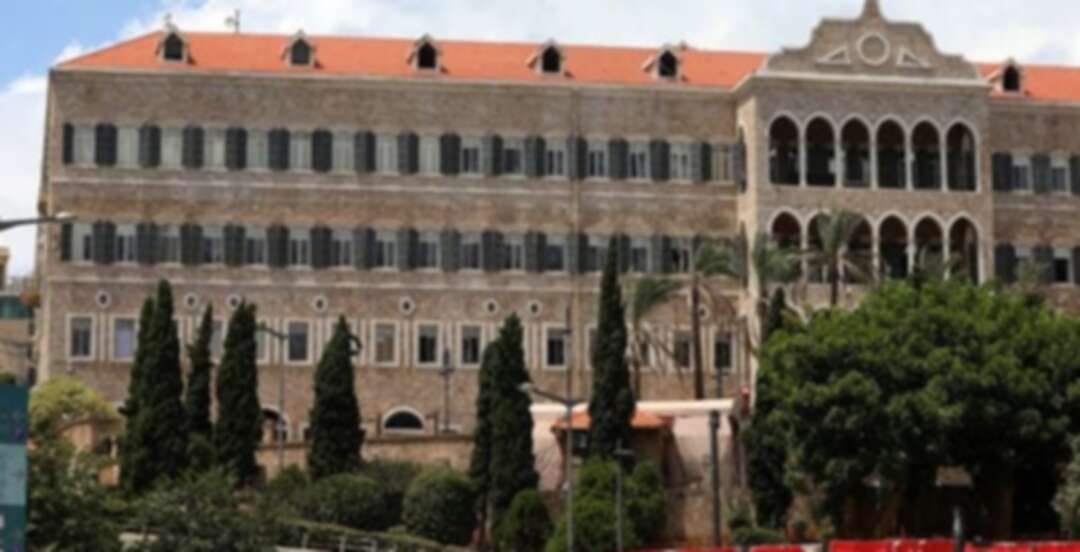-
World Bank approves $246 mln project to support vulnerable Lebanese households

The World Bank approved a US$246 million new project to provide emergency cash transfers and access to social services to approximately 786,000 poor and vulnerable Lebanese reeling under the pressure of Lebanon’s economic and COVID-19 crises, the World Bank reported in a press release.
The World Bank added that the Emergency Crisis and COVID-19 Response Social Safety Net Project (ESSN) will also support the development of a comprehensive national social safety nets system to allow a better response to ongoing and future shocks.
Lebanon has been facing compounded and unprecedented crises. A severe economic and financial crisis led to a projected 19.2% decline in GDP in 2020, triple digit inflation and a projected increase in poverty to 45% and in extreme poverty to 22%. Approximately 1.7 million people are estimated to fall under the poverty line, of which 841,000 people will be under the food poverty line.
The situation has been further compounded by the COVID-19 pandemic, the aftermath of the Port of Beirut explosion on August 4, and the repercussions of a 10-year long Syria crisis causing a severe drain on public service delivery and resources: Lebanon hosts the largest per capita share of displaced Syrians, accounting to a quarter of its population.
The ESSN project will provide 147,000 extreme poor Lebanese households (approximately 786,000 individuals) with cash assistance for one year.
Eligible households will receive a monthly transfer of LBP 100,000 per household member, in addition to a flat amount of LBP 200,000 per household.
The World Bank added that the transfer value per household will be uploaded monthly onto a pre-paid card issued by a financial service provider and distributed to beneficiary households who can cash out the amount at automated teller machines, or use it to make electronic payments for purchases in a network of food shops.
Furthermore, 87,000 children between the ages of 13-18 year will receive a top-up cash transfer to cover the direct costs of schooling including school registration fees, parents’ council fees, school textbooks costs, transport and school uniform expenses, and computer equipment and/or internet connectivity to enable remote learning. School fees will be paid directly to the respective schools.
“More importantly, to ensure sustainability, the ESSN will support the development of a comprehensive social safety net delivery system that can respond to future shocks”, said Haneen Sayed, World Bank Lead Operations Officer and Task Team Leader.
“Such a system will be based on an integrated National Social Registry to be established by the Government of Lebanon that would allow the prompt and efficient identification of households to receive social assistance based on an assessment of their needs and living conditions,” Sayed added.
source: Rawad Taha
Image source: Reuters
Levant
You May Also Like
Popular Posts
Caricature
opinion
Report
ads
Newsletter
Subscribe to our mailing list to get the new updates!






















